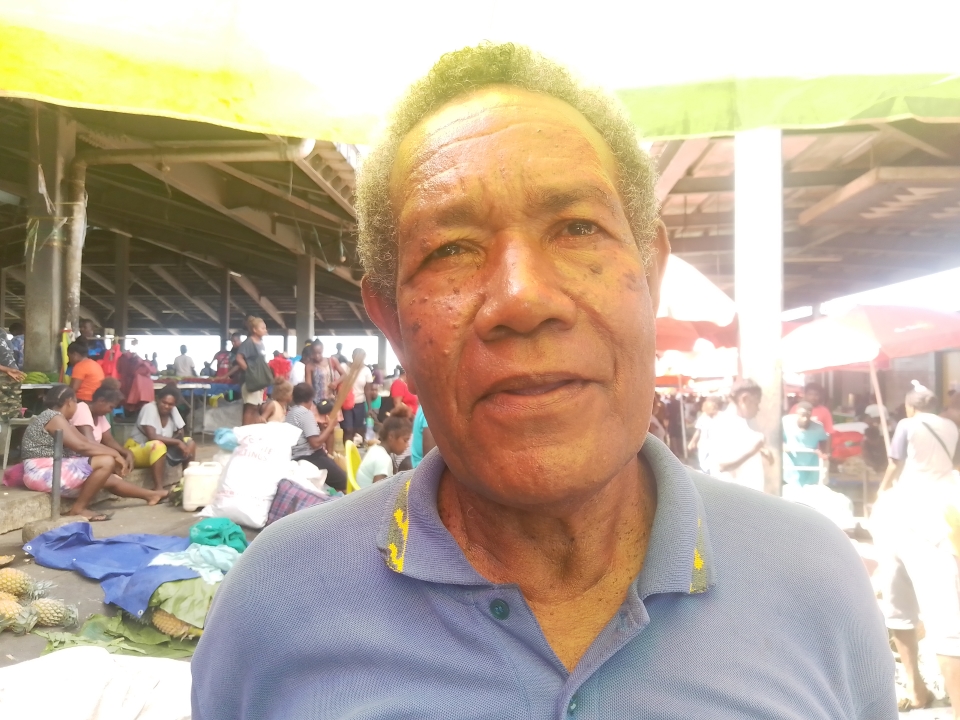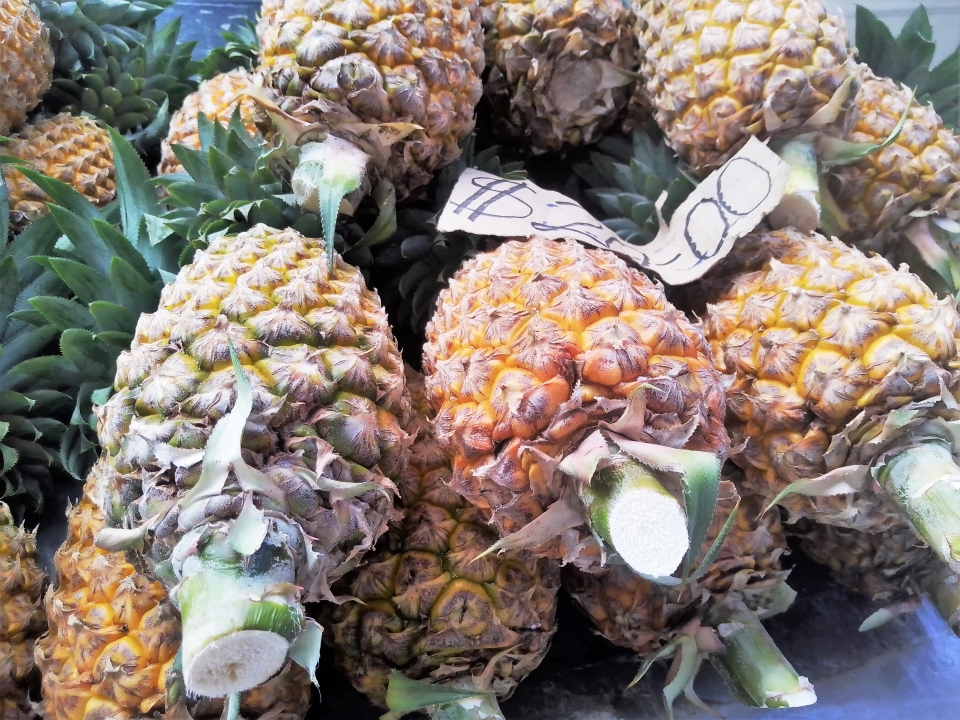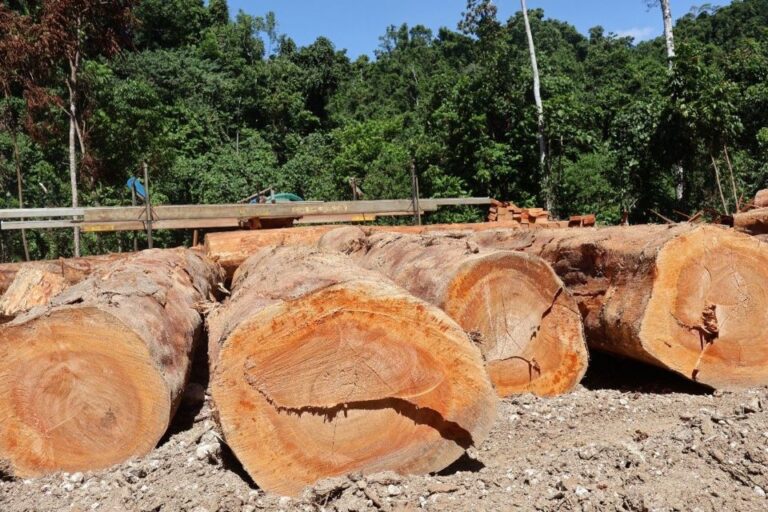BY JOHN HOUANIHAU
FOX Qwaina, a native of Santa Ana in Makira/Ulawa province, is pushing for the commercialization of pineapple in the Solomon Islands.
Qwaina, a former teacher and Anglican Church of Melanesia (ACOM) Archbishop’s Private Secretary, believes that pineapple has the potential to become a profitable industry in the country and could provide a source of income for local farmers.
With the demand for fresh fruits on the rise locally, Qwaina sees a promising future for pineapple production in the Solomon Islands. He suggested rural pineapple farmers should sell their products at a specific company instead of at the Honiara Central Market.

“I think the government can help pineapple farmers by making it commercial for them, like setting up a project, a kind of project that can enable pineapple farmers to pull their products together and sell their products to be manufactured and produced into by-products such as juice,’’ Qwaina told ENVIRONMENT MEDIA.
He said that farmers will not be able to achieve their goals independently but will require government support.
“These days they usually come and sit down at the Honiara Central Market, but the big question lies, in fact, whether their products are fully sold, so it is good for the farmers to go straight to the central pool or organization to sell their product quickly,” he said.
Qwaina said that the Solomon Islands pineapple is considered one of the best and sweetest in the Pacific Islands.
“I studied at Fiji USP and UPNG. PNG is like us—a very big country that has most of the crops we have, and Fiji also has them, where they diversify their agricultural products. We have the potential, but it is good for the government to help us set up farmers foundations,’’ he said.
Qwaina suggests establishing an entity for pineapple, melons, or other crops, but farmers face challenges in selling their products, experiencing both good and bad times.
“The country has potential for crops and marine fisheries but has not yet established avenues to assist farmers and fishermen.
“Although agriculture is our main source of food, the nation only produces palm oil and copra.
“The Central Honiara Market serves as the primary market for our farmers’ small-scale crops. We have some of the sweetest pineapples in the world, and if the government operates them commercially, we will realize the potential of pineapple, so to group them, the government needs to set up a body for small crops other than copra and palm oil.
“Commercializing pineapple production in the Solomon Islands could create jobs, boost the economy, and improve the livelihoods of farmers,” he added.
Qwaina is calling on fellow farmers and stakeholders to join him in promoting the commercialization of pineapple in the country. By working together, Qwaina believes that the Solomon Islands can become a major player in the pineapple industry.




